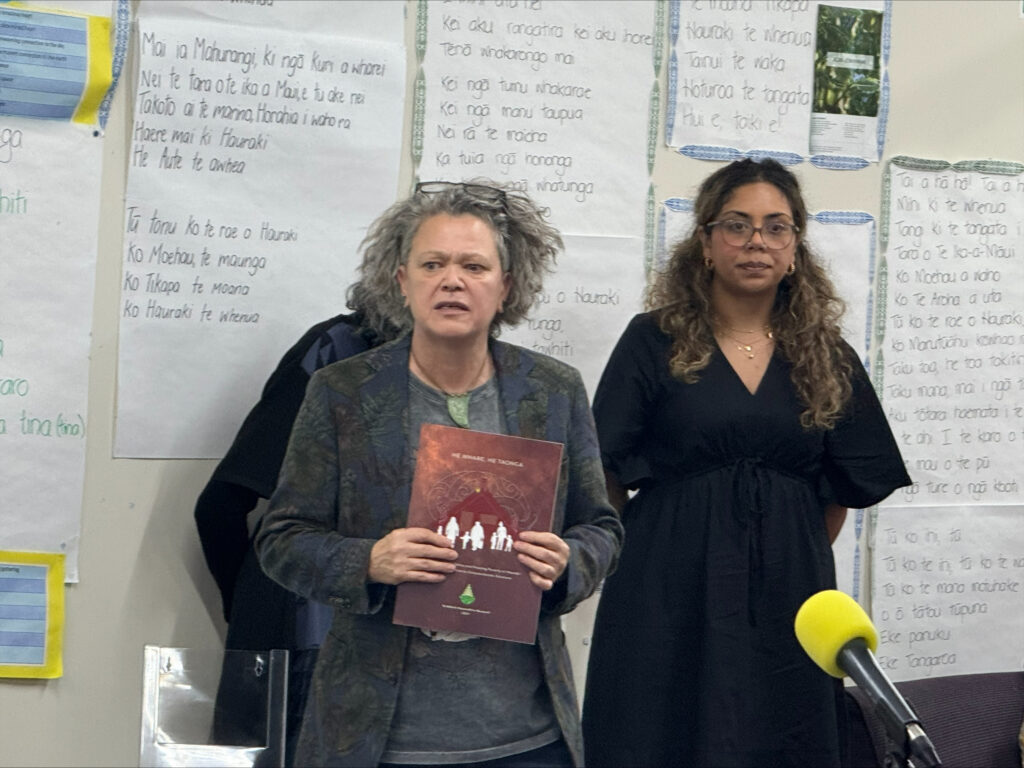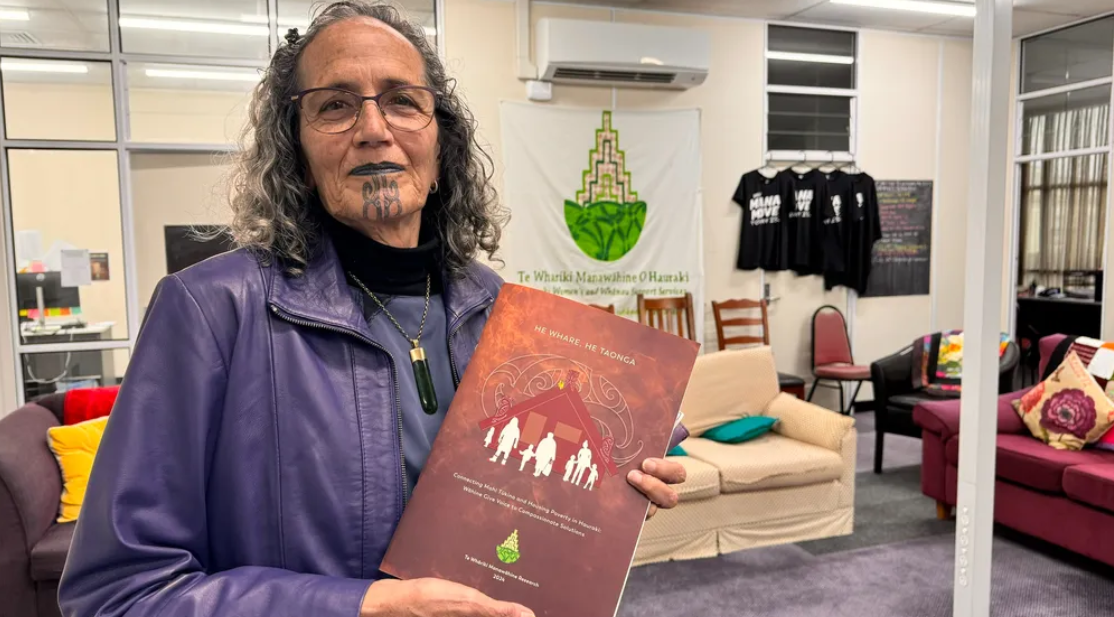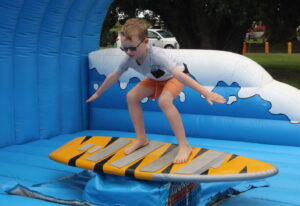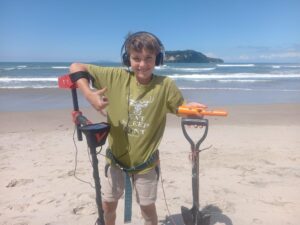Hauraki women have shared harrowing stories of domestic violence and housing poverty in new research released by Te Whāriki Manawāhine o Hauraki – Hauraki Women’s Refuge last week.
The 68-page He Whare, He Taonga report launched in Thames on July 31 was based on interviews with 23 women, including 15 from Hauraki Women’s Refuge client base, seven of which were housed in emergency housing or a refuge safehouse.
In the report, the women shared their stories of domestic violence, sleeping in cars with multiple children and “societal violence”, where their interactions with state representatives made them vulnerable and fearful.
“They fear their tamariki being uplifted… they’re better off being invisible than seen,” the report said, “this system creates harm”, and “our wāhine carry the burden of risk for failed successive government policies over many years”.
Te Whāriki Manawāhine o Hauraki chief executive Denise Messiter said the research demonstrated a connection between mahi tūkino (family violence and sexual violence), housing poverty and unmet housing needs.
Funded by the National Science Challenges at the Ministry of Business, Innovation and Employment, the report was an “undeniable call to action” for those in positions of power, policy and planning to prioritise impacted wāhine given the multiple obstacles they faced to find shelter, researchers said.
“This compelling evidence shows this clear linkage, how it impacts whānau and what we collectively need to do about it,” Denise Messiter said.
“Over the last three decades we’ve gone from having public housing available to now living in an era where there is no housing available at all, which is an untenable situation for our people and future generations of mokopuna yet unborn.”

The report also discusses the significance of addressing systemic inequality in housing, prioritising affordable housing, understanding tribal boundaries, and appreciating the importance of education, stewardship, and the need to change mindsets to support Māori land ownership.
The women told researchers their stories of domestic violence and housing poverty, which increased during the Covid-19 pandemic and Cyclone Gabrielle.
“He broke into the house. He broke the windows, the phones, and my toe. He tried to make me lose the baby by punching me in the stomach, then we ended up being taken to the hospital,” one woman said.

“The police were involved and then didn’t allow me and my daughter to go home…Then I was given notice to move and the due date for me to move out was when I was due to have baby. I couldn’t find anywhere to live. It was near impossible. So, I stuck all of my stuff into my girlfriend’s shed and lived in a garage.”
There were also stories of overcrowding and substandard living conditions.
“I was living with family; the house was overcrowded,” one woman told researchers.
“Me and my children were living in a living room. It was cold. It was damp and full of mould. My 2-year-old was constantly getting sick. We were in and out of hospital. It was that bad we almost lost him once.”
A shortage of houses throughout Hauraki-Coromandel districts coupled with high demand meant it was difficult for the women to find a home to rent, the report said.
“I have applied for what feels like 40 plus houses since I’ve been here [in Refuge]. I’ve been to roughly 20 house viewings,” a woman said. “The other 20 houses I applied for, we didn’t make the short list. When I go to the viewings there’s like 30+ other people there so we’re all dying to get into this one home… They hear that I’m in great credit and I don’t have a criminal record. I always pay on time, clean and tidy but as soon as they hear I’m apparently a current MSD client, living in Women’s Refuge, that’s it. I don’t hear back from them.”

The report said 46 per cent of Hauraki housing stock were holiday homes in the Thames-Coromandel District Council area, which were unavailable for rentals.
“Then you’ve got old housing stock and cold, damp and really poor houses… You know there’s considerable vulnerability around housing in Hauraki when a real estate agent says to woman who has water seeping down the walls, and brown tap water, ‘oh well, like it or lump it, get out if you don’t want it’,” the report said.
The research showed women were also often held accountable and financially burdened for damages to a house caused by their partner or ex-partner, and some women and their children were also abruptly evicted from Kāinga Ora properties.
This meant wāhine often had to accept housing options that increased their risk of experiencing violence or were out of their home area, the report said.
Researchers said the findings for a local problem offered national lessons for the housing sector to take heed of.
Research manager Paora Moyle said the project “intentionally illuminates the voices of wāhine Māori, enabling them to be key contributors towards housing solutions in Hauraki”.
“It is from this standpoint that we come to understand societal violence, whānau violence, and related persistent housing poverty experienced by Hauraki wāhine Māori and their whānau,” she said.
Paora and the researchers have just been approved by the Health Research Counsel to do similar research with gang whānau.
DETAILS: Find the full report at hauraki.refuge.co.nz/he-whare-he-taonga. Women’s Refuge is available 24 hours a day: Ph 0800 733 843.




